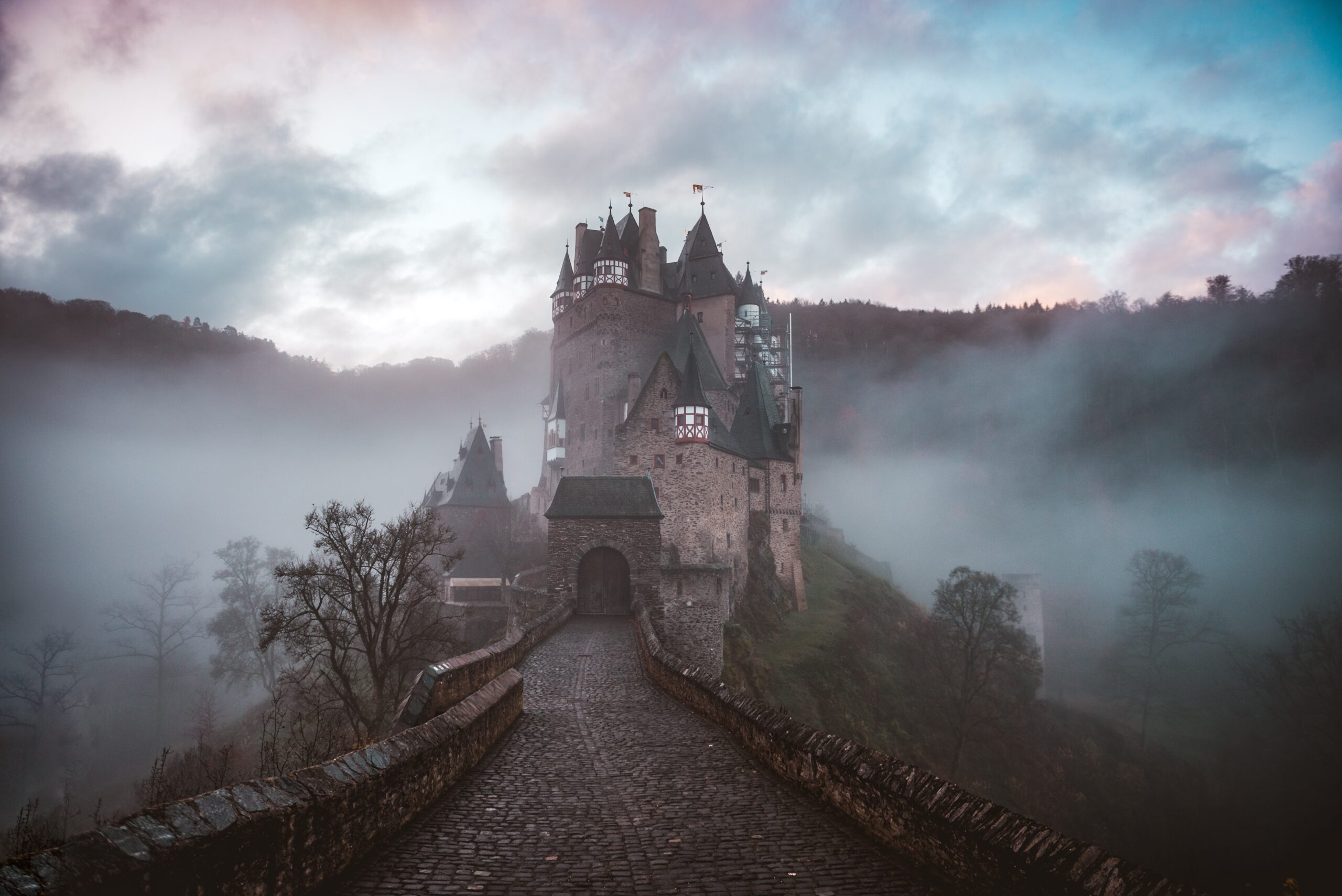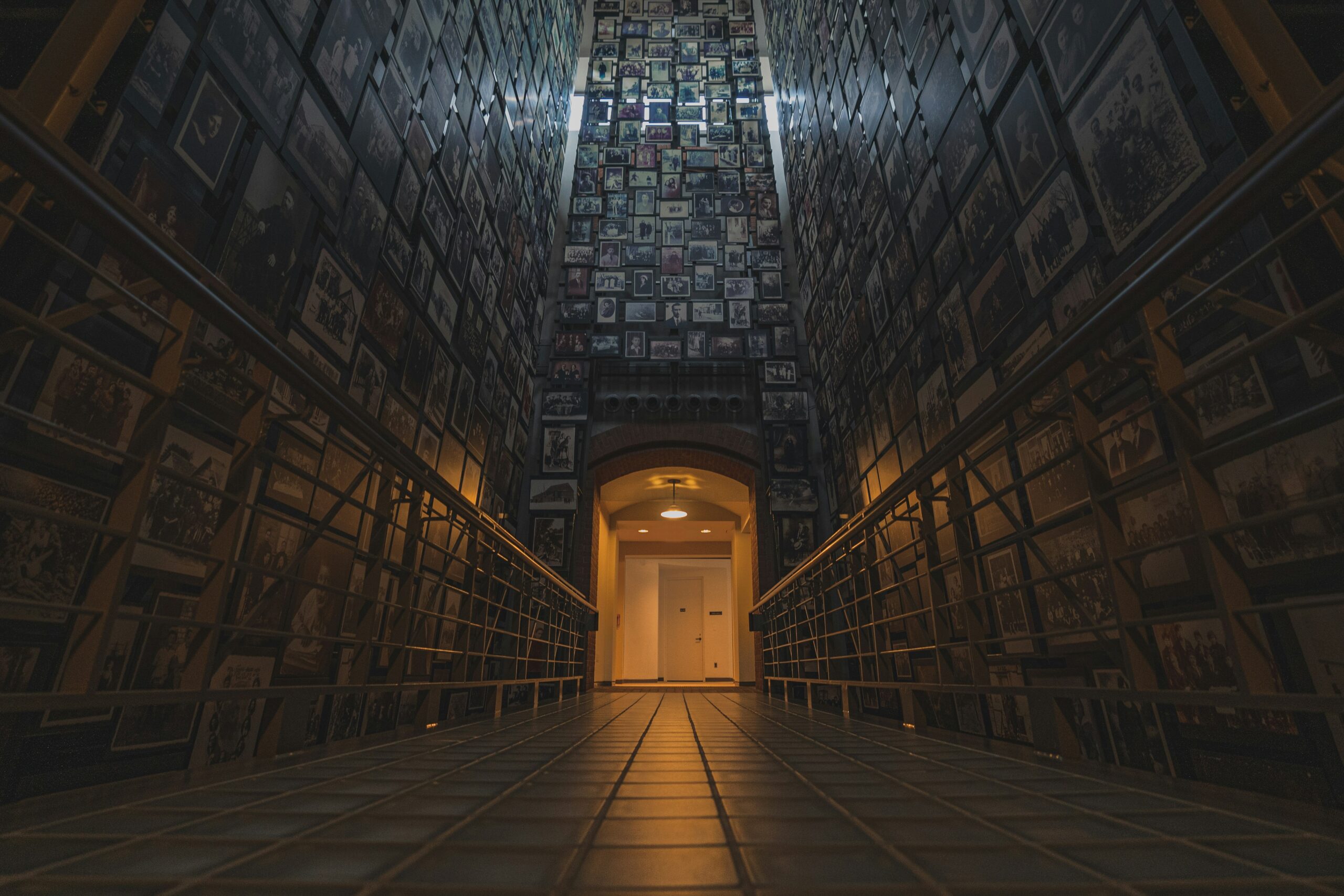As a man of surrealist extraction working on it with another notable surrealist of the time, Luis Buñuel—who was to go on to complete his fantastic corpus starting with that one pristine surrealist sally, Un Chien Andalou—Jean Epstein directed and produced The Fall of the House of Usher with the result that, bringing alive the eerie gothic ambience of Poe’s short story, he committed to film a visual tour de force: a funhouse of style…
-
-
With sumptuous colors and a settled, contemplative aesthetic of long shots and static shots interspersed with some notable close-ups, Raise the Red Lantern has the flair and attentiveness of a great film. But it’s not as successful as if it were evaluated by its visual pleasures alone—missing is the subtle development of character and a resolution that makes sense of the closed-world oppression of this Chinese estate, where the main character, Songlian, has to live…
-
Two men working in a business for violin restoration play squash together and dine together at a local bistro, but they otherwise keep to themselves—at least the voiceover, heard once in the beginning of the story, would have us believe that this is the case. Uttered by the laconic and emotionless Stéphane, this voiceover reveals more than anything else in the story the attitudes and the personality of this vaguely ascetic man. A master craftsman…
-
“Whatever is done out of love always takes place beyond good and evil.” –Friedrich Nietzsche Adapted from the eponymous 2003 novel, We Need to Talk About Kevin is as stylized and artful as it is inadequate and muddled. The compelling story of the book, about a mother’s experiences with her serial-killer-to-be psychopathic son, undergoes in the film a diffusing of its chronology through the mother’s wounded and burdensome memory. This takes on a tour of…
-
How well do the members of a family really know one another? A Sunday in the Country seeks to dredge up from a distant, indistinct, but halcyon past the feelings and memories of one family convening for a day outside Paris toward the end of the summer of 1912, with the far-off rumble of thunder as the uncertainty of the First World War billows like a menace. It is a quiet film that is all…
-
“What does marble think when it’s being sculpted? It thinks, ‘I am struck, insulted, ruined, lost.’ Life is sculpting me. Let it finish its work.” The ancient myth of the spouses Orpheus and Eurydice has a time-honored and immemorial place in the arts, in literature, and during the twentieth century in the cinema, where Jean Cocteau put to use his pullulating and vibrantly artistic mind to make Orpheus, one of his greatest films. This is…
-
As a finely stylized Japanese film of the Jidaigeki genre, a period piece like so many of its samurai brethren, The Ballad of Narayama stands out nonetheless as an early amalgam of the theater and the cinema. It is an artful filming of the eponymous novella by the Japanese writer Shichirô Fukazawa, itself adapted from the Japanese legend of the practice of what is called obasute, the ritual killing of the elderly, whose offspring take…
-
Summer with Monika begins with the bustle of the city of Stockholm, where the inlets of the Baltic Sea split up its landmasses into a vast and thriving archipelago. The establishing shots and the exterior cutaways in this film are superb, lending to the atmosphere the lucid and palpable vibrancy of a city already on its way toward international stature, and they inform every aspect of the story itself and its characters. Stockholm has rarely…
-
In a working-class South Yorkshire community whose bread-and-butter economy is coal mining, a boy named Billy goes about his life as a hopeless student, brother, and son, runty and undernourished, neglected and bullied, condemned to a future in the pits like his resentful and abusive brother. As if it were a historical documentary dug up to reveal the cold and lifeless social repercussions of a stale working class, the film, its bleakness and the stark…
-
Setting the cinematic standard for an adaptation of a play by William Shakespeare, Franco Zeffirelli’s Romeo and Juliet received accolades aplenty when it was released in the fall of 1968. It seemed to have the hallmarks of a faithful literary adaptation from the beloved Bard, and its setting in modern Italy, using location shooting as a further stamp of authenticity, was to become the backdrop of the many sumptuous and sensuous scenes that brought Shakespeare…




















